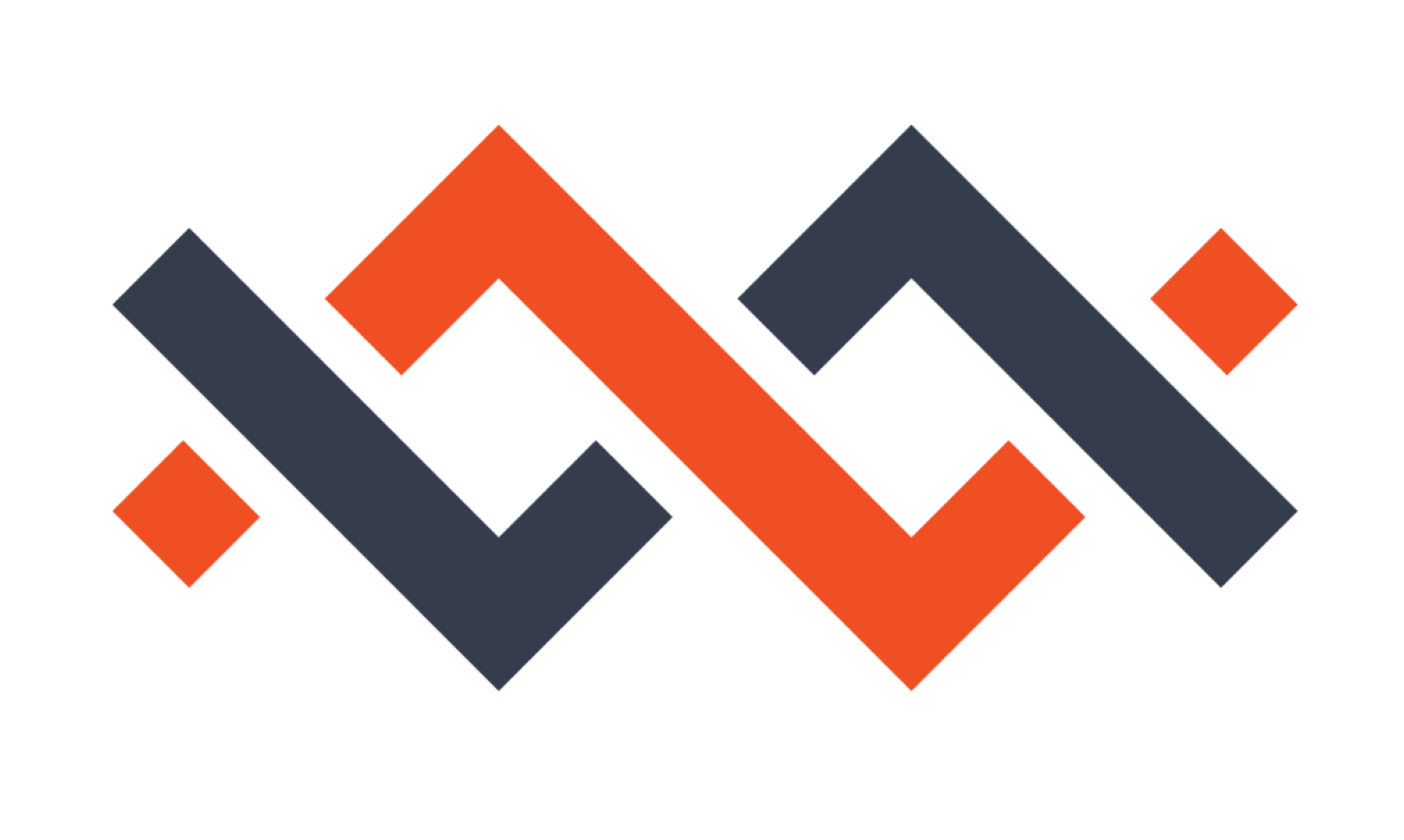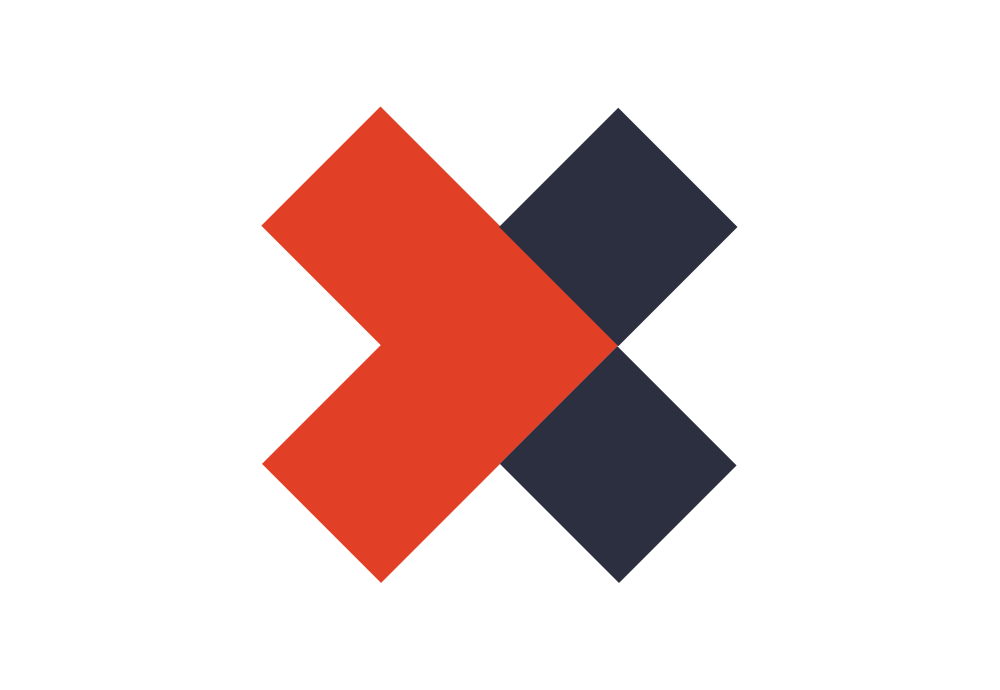
Technology
Relational blockchain
Blockchain is a kind of distributed database. Relational blockchain combines the best of conventional databases with the best of blockchain.
Blockchain fundamentals
A blockchain must be able to add data in a secure way, but if it acts as a database, surely getting that data out again is equally important. The strictness of the validity rules in "traditional" blockchains (NoSQL linked lists) means that they have only the most primitive querying support.
How much did company A send to company B in 2017?
What is the average value of a transaction sent between the US and Europe?
If the data is stored in a list of transactions, it will probably be necessary to write an application specifically to extract this information. This means saving that data in a more accessible form (a database) so that it can be reused efficiently.
In short, the blockchain data model is a huge barrier to developing useful and usable applications.
Relational model
The relational model was a revolution in software development back in the 80s. Relational databases are everywhere now, behind every organisation, public or private. The core advantage of a relational database is the ability to structure and control your data.
Relational databases structure data according to the relational model, which has a set of beneficial characteristics like data independence, no redundancy, and good consistency guarantees.
Relational blockchain features
With relational blockchain, the blockchain is the database. There is only one source of data and that data is indexed, can be queried, and can have rich constraint logic.
Fast. Relational blockchain can update tens of thousands of cells from a single transaction
Efficient. Offload work to the blockchain backend and build applications which are light and secure
Interoperable. Drop blockchain into your existing data architecture without disruption
Postchain
The first true relational blockchain.
It is open-source, and works together with the most widely used database systems. Many database systems have been around for years and are trusted in production by enterprises around the world. This means that with Postchain, a blockchain solution can be implemented by a SQL developer. There is no need for specialized blockchain developers or an experimental codebase. Postchain has been built from the ground up with relational blockchain architecture.
SQL based
Empowers SQL developers to become blockchain developers.
Secure (BFT enabled)
Secure consortia with built in fault tolerance and data redundancy
Flexible
Postchain is a general framework that allows you to create your application on top of it.
Easy to use
Postchains SQL based language and transaction system is easy to work with.
Tested
Postchain is based on mature database technology that is well tested.
Enterprise driven
Postchain was created as an enterprise solution, built for ease of integration and scalability.
Chromia
The most practical and usable dapp platform out there.
Chromia treats Postchain as a service, with a rich host of decentralized management features. Deploy blockchain applications just as you would spin up a server instance in the cloud.
Built for ease of use, ease of development, and performance at scale. Chromia is suitable for everyone from the individual hacker enthusiast all the way to the largest enterprises and governments.
Mainstream Scale
Horizontal scaling with sidechain sharding
High performance queries and transaction processing
Flexible governance
Powerful Programming
Familiar data model
Ad-hoc queries and complex constructs
Type-safe interpreted programming language called Rell
Business friendly
Straightforward dapp deployment and maintenance
Interchain asset and data transfer
Dapp level provisioning with total liberty to customize economic model
Esplix smart contracts
Esplix is a client-side validated, private, blockchain-agnostic smart contracting system. What if you want to have the same immutability and integrity guarantees as a blockchain, but without sharing all information with all network participants?
Esplix solves this by using the blockchain as a data store for a contract, and using cryptography to update and validate the state of a contracts on the client-side. This means that contract instances can be kept private to those participating in it, while still offering the kind of definitive proofs we expect from a blockchain.









